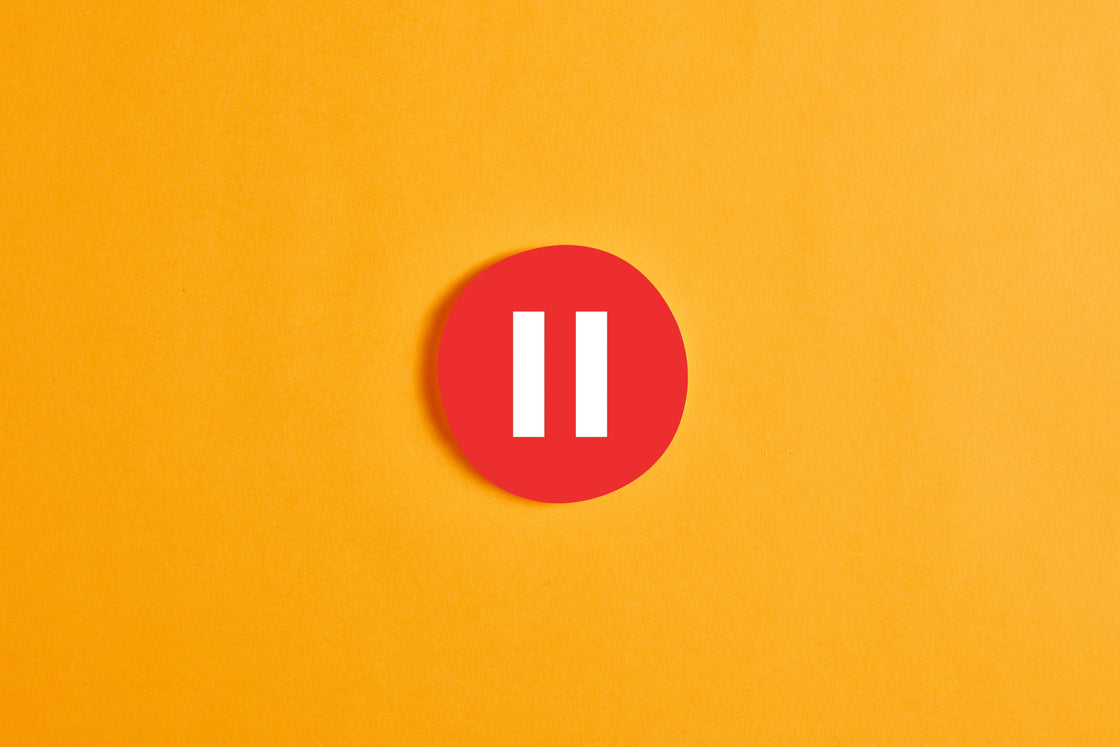Sleep and rest are not the same thing, with real rest encompassing an emotional and mental break as well as a physical one.
As such, this blog post is much more than just a guide to sleep - outlining the importance of rest, the different types of rest that we all need, and sharing some ways to improve and increase your exposure to complete rest.
Why do we need rest?
Rest is what helps us to avoid burnout, both mentally and physically. It helps us to recover, allows our body to heal, and gives us a boost in mental function and stability. But it doesn’t end there.
Rest is crucial when it comes to hormone health and production - and it all comes down to a small gland in the body called the pituitary gland, or the ‘master gland’ as it is commonly termed. Responsible for the production of hormones which influence a wide range of bodily functions and processes, such as reproduction, metabolism, mood, growth, and blood pressure to name just a few, when the pituitary gland is not given adequate and consistent time to reset, it can play havoc with our daily routine, our emotions, and more.
To look at this from another angle, what happens to your emotions when you don’t get enough sleep? Most of us find that we are less productive, more irritable, and less able to recall memories and facts that we know we know. Not to mention, when we rest, we have more energy and can bring a greater level of positivity to activities and tasks.
Safe to say, rest is important. But what are the different types of rest we need, and how do we achieve the optimum state of rest amid our busy, modern lives?
The different types of rest
When we think of rest or tell ourselves that we need to give ourselves some rest time, we often think that we need to sleep or at least relax in some physical sense. But rest is much more than that - with some of the main types of rest including emotional rest, sensory rest, social rest, and mental rest.
If you’ve ever woken up from a long sleep and found that you still feel exhausted or drained, the chances are that you need more than sleep - be it some meditative time, a chance to immerse yourself in something outside of your regular life such as reading, or some time outside away from the confines of your daily routine. You might simply need to step back from your social life and take some time out for yourself.
All of these things are considered rest in its different forms.
Tips to help you feel more rested
With a variety of different types of rest, it follows that the ways to help you feel more rested are both varied and widespread - with some of our main tips as below…
- Establish a bedtime routine which sees you starting to wind down before going to bed at the right time.
- Avoid resting in your workspace, instead reserving rest for specifically relaxing areas of your home.
- Rearrange your space to create an inviting rest area.
- Upgrade your bed linen to create a comfortable, warm, and supportive environment in which to sleep.
- Find a podcast or soundscape that helps you to relax.
- Develop a habit of rest that allows you to recognise when you need to rest.
- Identify the benefits to others when you feel more restful. How does a high level of rest support your emotional and mental wellbeing, and how does it impact the way you interact with others?
- Consider supplements which can help to re-energise you when you need it - for example, our Cleanmarine products which offer an entirely natural way to sustain and maintain high energy levels for every activity.
For more insight into the benefits of Cleanmarine, both in terms of supporting your overall health and delivering the energy that you need at particular stages of life, head to our blog and individual product pages.



